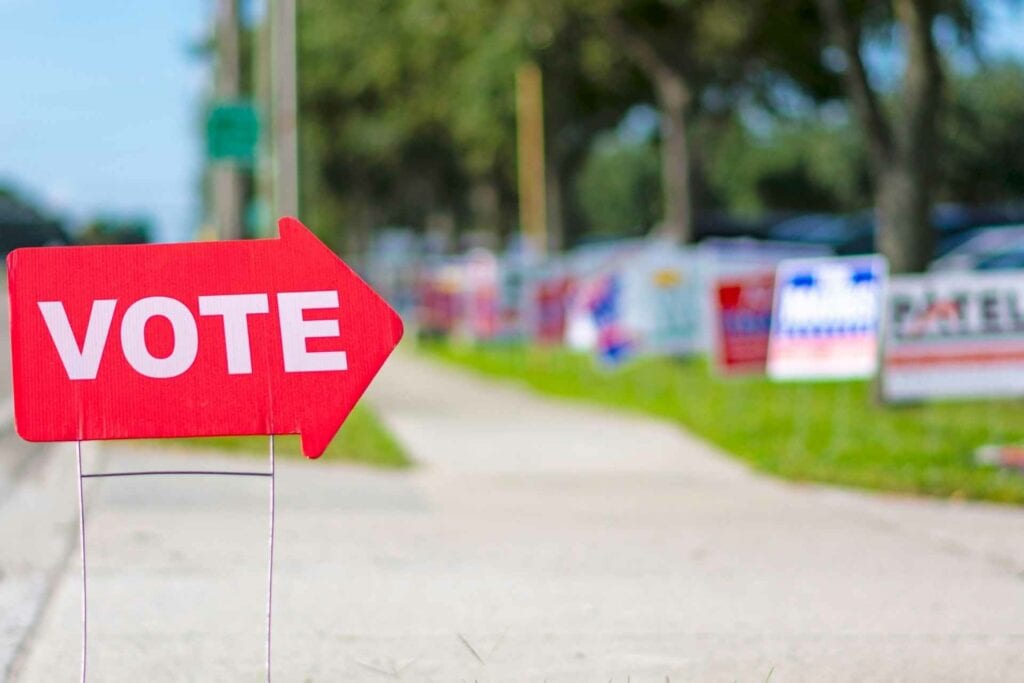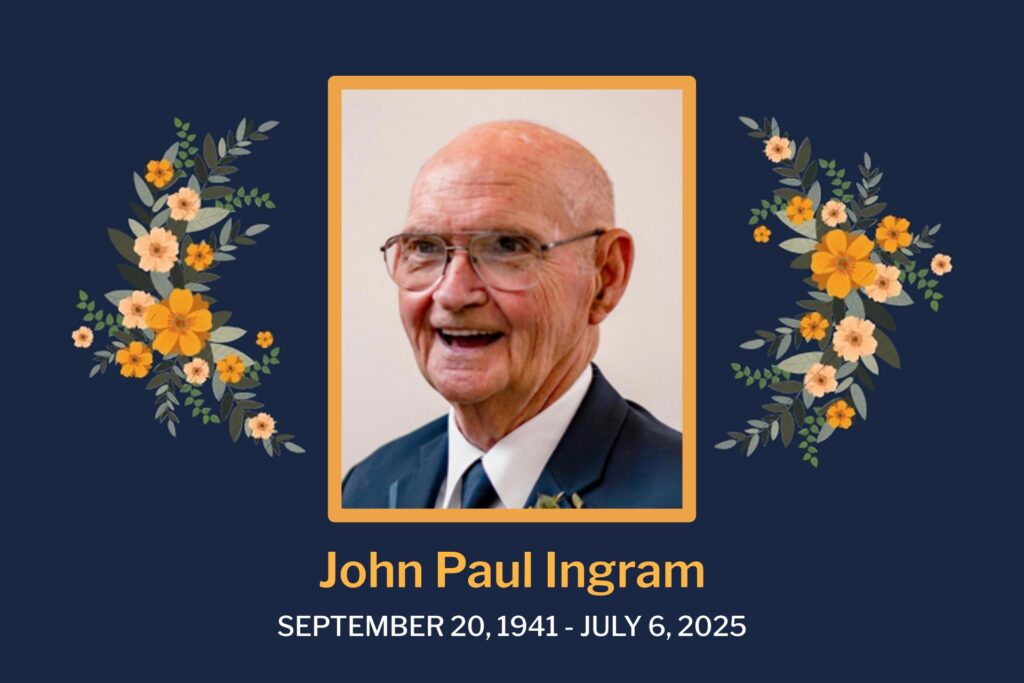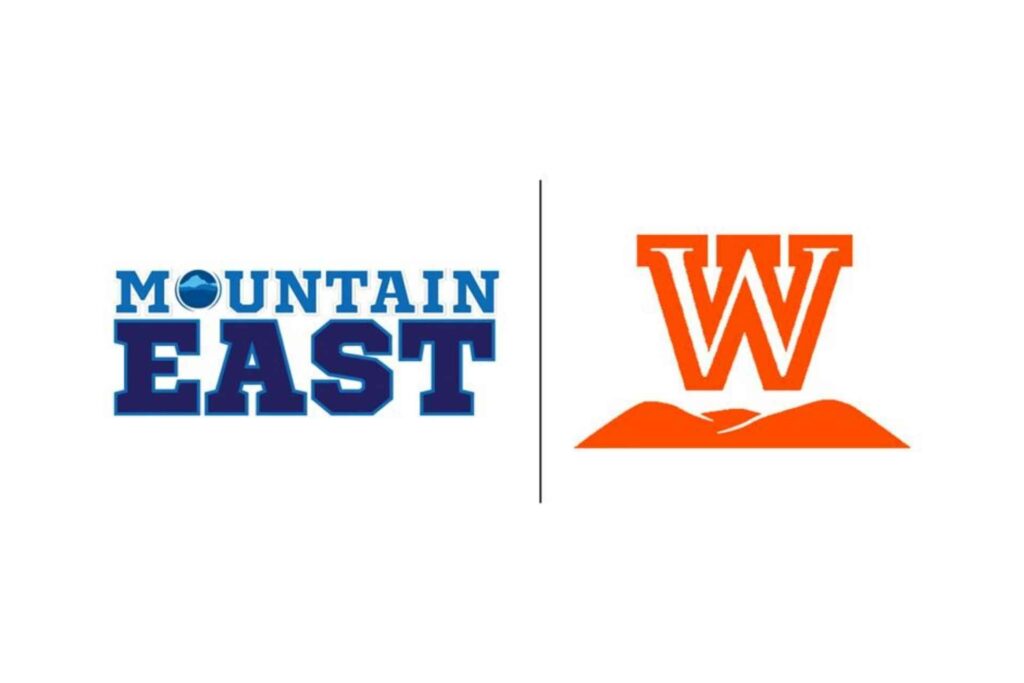Editor’s note: This story was originally published by Mountain State Spotlight. Get stories like this delivered to your email inbox once a week; sign up for the free newsletter at https://mountainstatespotlight.org/newsletter
By Ian Karbal, Mountain State Spotlight
In West Virginia’s new 2nd Congressional District, two incumbent Republicans are facing off in the state’s most-watched primary. On May 10, voters in the northern part of the state will decide whether Rep. David McKinley or Rep. Alex Mooney will appear on November’s ballot.
So far, the two candidates have attacked one another’s records at every chance possible. McKinley has castigated Mooney for the ethics complaints against him, his loose ties to the state (he’s originally from Maryland) and for failing to vote for an infrastructure bill that netted West Virginia about $6 billion to improve roads, bridges, broadband and other needs. Mooney has attacked McKinley for being too cozy with Democrats, and voting for the large infrastructure bill, which he believes had too high a price tag.
We’ll break down the differences between the two candidates, who gets to decide between them, and how and when you can vote.
Why are Mooney and McKinley, both incumbents, running against each other?
Every 10 years, congressional seats are reapportioned based on population changes.
West Virginia’s population decline relative to the rest of the country resulted in the loss of a congressional seat. Instead of the current three representatives, the state will soon have only two.
When the congressional district maps were redrawn by lawmakers in West Virginia’s statehouse, McKinley and Mooney, both Republican incumbents, wound up in the same district.
Who will the primary winner face in November?
In the upcoming Republican primary election, voters will decide which candidate will end up on the November ballot. Besides Mooney and McKinley, other Republicans on the ballot include Susan Buchser-Lochocki of Morgantown, Rhonda Hercules of Wheeling and Mike Seckman of West Union.
In the general election, the Republican winner will face the winner of the Democratic primary: either Angela Dwyer, a Martinsburg-area resident who works in security, or Barry Lee Wendell, a Morgantown resident who previously lost a primary race for the House of Delegates.
But as an incumbent, either Mooney or McKinley will go into the general election with name recognition and a significant financial advantage.
Who are they vying to represent?
With the census requiring lawmakers to split West Virginia into two instead of three districts, state lawmakers decided to draw the line east-to-west, splitting the state into north and south districts.
The new 2nd District, which Mooney and McKinley are competing for a chance to represent, includes the northern part of the state. It stretches from Wood County to Hardy County, dipping south to include Lewis, Upshur and Randolph counties, as well as both panhandles.
So, what have these guys done in Congress and how are they different?
McKinley and Mooney have voted in step with one another roughly 90% of the time they’ve served together, according to data compiled by ProPublica. So, overall, their differences aren’t immense.
But their recent disagreements are significant, and both candidates have highlighted these splits.
The big divide was the $1.2 trillion bipartisan infrastructure bill that was a campaign promise and signature accomplishment for President Joe Biden. McKinley voted for the bill along with 12 other House Republicans, over pressure from ex-Trump administration officials who didn’t want to hand Biden a legislative victory. McKinley told them it wasn’t the time to play politics, because West Virginians needed funding to upgrade roads, bridges and broadband access, according to a Politico interview.
Mooney voted against the bill, which he called financially irresponsible. He said he wasn’t against infrastructure all together, but couldn’t agree to a bill with such a high price tag — even though it’d been negotiated down from a much higher starting point and narrowed to exclude some Democratic priorities not typically thought of as infrastructure in the traditional sense.
The other major split between the representatives was how they voted on the creation of an independent commission to investigate the Jan. 6 attack on the U.S. Capitol. McKinley voted in favor, while Mooney voted against. Ultimately, the commission was blocked in the Senate, and neither candidate voted to create the House committee that is now investigating what role former President Donald Trump and his allies may have played in instigating it.
The votes against the infrastructure and Jan. 6 bills earned Mooney an endorsement from Trump.
Isn’t Mooney facing ethics investigations?
Mooney’s use of campaign funds was probed by the Office of Congressional Ethics, which suggested further investigation into his use of campaign money for personal expenditures, like a $6,000 family vacation and nearly $2,000 worth of meals at Chick-fil-A, and also of failing to report expenditures.
Now, the matter is in the hands of the House Ethics Committee, a group of 10 lawmakers who have been investigating the matter further slowly and in relative secrecy.
However, following another Office of Congressional Ethics investigation, the Ethics committee has opened a second investigation into Mooney. According to a recent Roll Call story, this time, investigators are asking whether Mooney had his staff run personal errands for him, and whether evidence was tampered to stymie ethics investigations.
What about McKinley — wasn’t there an ethics probe of some of his activity?
Back when McKinley was elected to Congress in 2010, House ethics rules required him to change the name of his engineering firm, McKinley & Associates, to avoid any appearance of using his name and office to curry favors.
For six years, McKinley and the ethics committee went back and forth. In that time, McKinley sold his firm, with the name intact, which the committee said was a violation of House rules. Ultimately, McKinley wasn’t fined, but he was issued what is essentially a written warning, a light punishment compared to what the committee is capable of doling out.
What are the candidates talking about?
Both candidates are running pretty negative campaigns, plastering airwaves with attack ads against one another.
Mooney has attacked McKinley for his vote to allow the Jan. 6 panel and his vote for the $1.2 trillion infrastructure deal championed by Biden and Democrats.
McKinley has been quieter about the Jan. 6 vote, but has loudly defended his vote for the infrastructure bill, which netted West Virginia billions of dollars that will be used to fix roads and bridges and expand high-speed internet access. It also earned him an endorsement from West Virginia Gov. Jim Justice, a supporter of the bill.
A seventh-generation West Virginian, McKinley has also attacked Mooney for his loose ties to the state. Mooney lived in Maryland, where he served as a state senator and chair of the Maryland Republican Party, before running for office in West Virginia in 2014. His congressional campaign in West Virginia was the third time he’d run for public office in a new state, having campaigned in New Hampshire before being elected to Maryland’s statehouse.
How can I vote in the primary?
In West Virginia, voters must be registered Republicans, or unaffiliated with any party, to vote in the Republican primary. Voters registered as Democrats, or another party, can not receive the Republican ballot.
Early voting in person begins on April 27 at locations around West Virginia.
Applications for an absentee ballot are due by May 4. While West Virginia doesn’t allow just anyone to request an absentee ballot, there are a number of reasons voters can request a ballot, including simply not being able to get to a polling place because of work requirements.
You can vote in person at your polling place on Tuesday, May 10 — though it might be wise to check with your county clerk’s office or the secretary of state’s website to see where you’re supposed to vote, as some locations and districts have changed since redistricting.
Reach reporter Ian Karbal at iankarbal@mountainstatespotlight.org.














